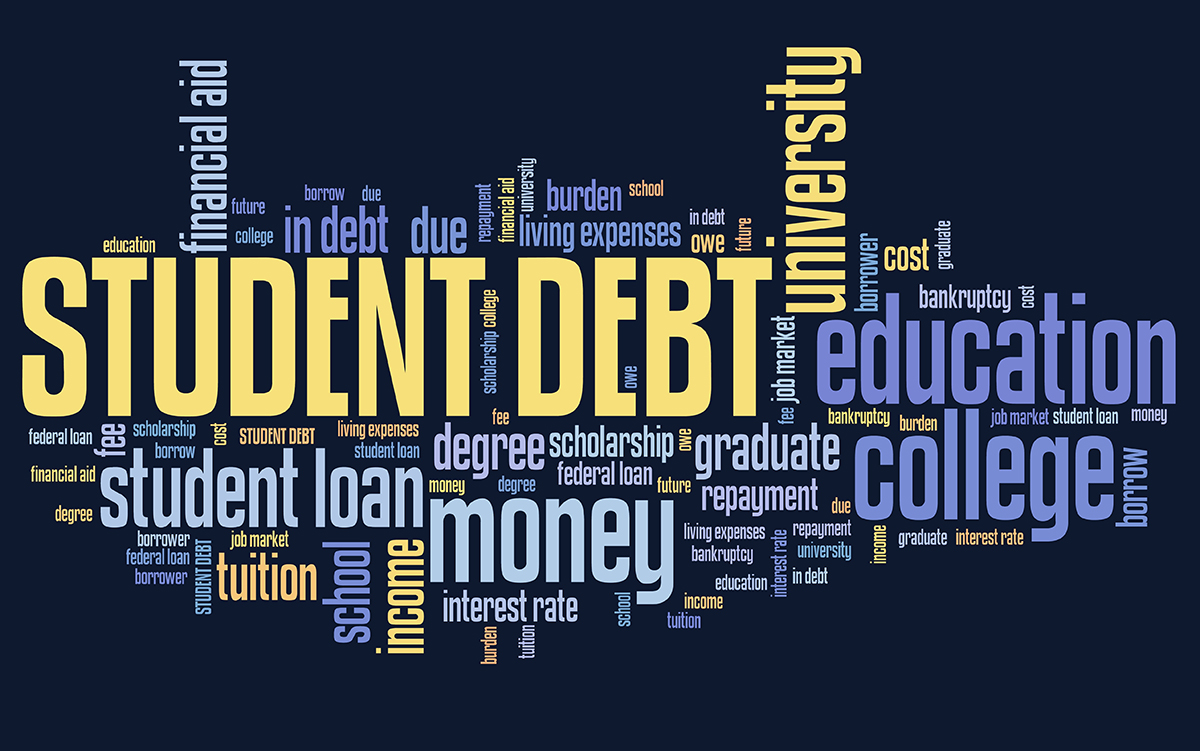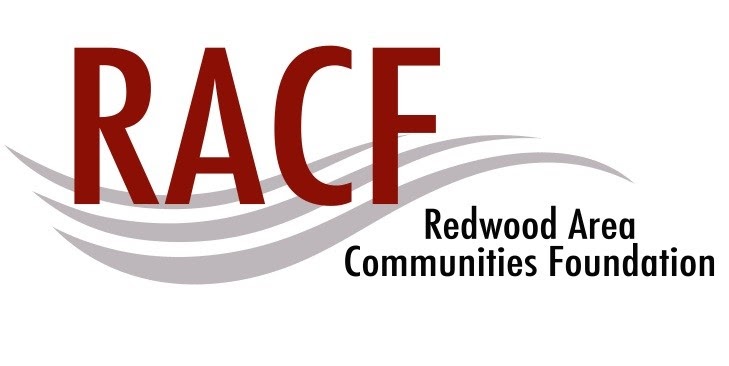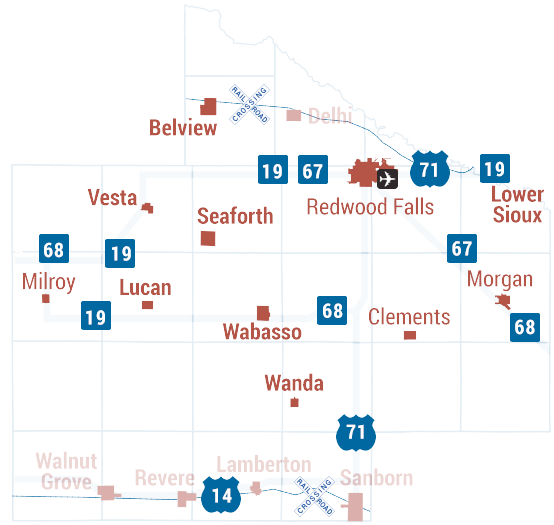What is Economic Development?
Key functions include:
- Strategic Planning
- Business retention and expansion
- Business marketing and attraction
- Entrepreneurial and Small Business Development
- Workforce Development
- Real Estate Development and Reuse
- Neighborhood Redevelopment
- Economic Resiliency
Context for Local Economic Development:
- Your City’s economic strengths and weaknesses
- Your City’s role in the regional economy
- The difference between a weak and strong real estate market
- The local regulatory environment
Context for Local Economic Development:
- Your City’s economic strengths and weaknesses
- Your City’s role in the regional economy
- The difference between a weak and strong real estate market
- The local regulatory environment

Stakeholders and Partners and their role in Economic Development
- Public economic development agencies and city staff
- Public-Private and non-profit economic development organizations
- Chamber of Commerce
- Community Development Organizations (CDC)
- Community Development Finance Institutions
- Local and Regional business community
- Real Estate Development community
- Residents and Community Groups
- Workforce Development Partners
Funding Sources:
- City Funding
- State Funding
- Federal Funding
- EDA Planning and Local Technical Assistance
- Community development Block grant (CDBG)
- New Markets Tax Credits
- Historic Preservation Tax Incentives
Public Private Partnerships:
A new approach to funding local economic development projects is the concept of public-private partnerships. These are contractual arrangements between a municipality and a private or corporate entity agreeing to share the responsibility of funding and managing an economic development project.
Measuring Impact with Performance Management
Economic Development Metrics include:
- Economic conditions
- Population characteristics
- Population characteristics
- Labor force characteristics
- Physical conditions
- Business climate
- Knowledge-based resources
- Quality of Life






.jpg)
